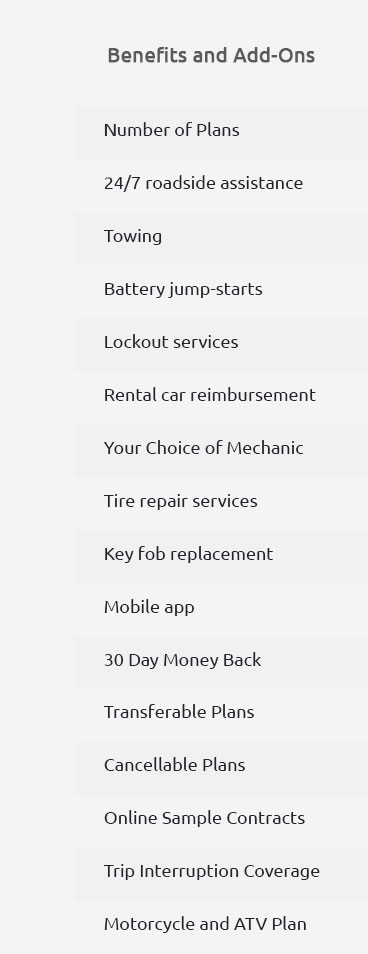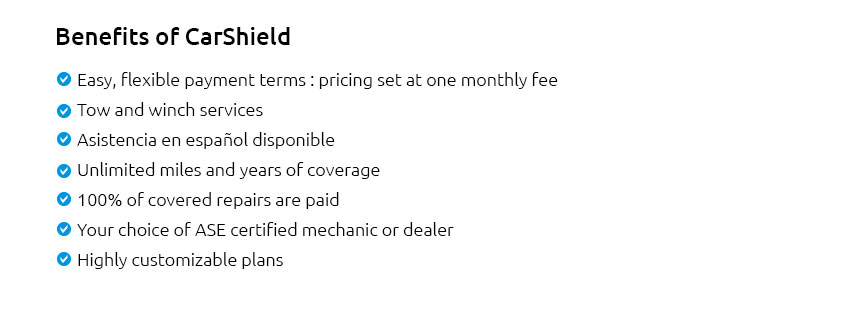 |
 |
 |
 |
 |
|||
 |
|||
 |
 |
 |
|
 |
|||
 |
|
 |
|
 |
|
 |
|
 |
|
 |
|
 |
|
 |
|

Understanding Auto Engine Repair Insurance: Common Mistakes to AvoidIn the realm of automobile maintenance, the notion of auto engine repair insurance often surfaces, promising a safety net for one of the most significant and costly components of any vehicle. However, navigating the intricacies of such insurance can be daunting, particularly for those unfamiliar with the finer details. In this exploration, we delve into the common mistakes consumers make and offer insights to better understand and utilize this type of coverage. Auto engine repair insurance, while seemingly straightforward, encompasses a range of coverage options that can vary significantly between providers. This leads to the first common mistake: not thoroughly reading the policy details. It cannot be overstated how crucial it is to peruse the fine print. Many individuals assume that all engine-related repairs will be covered, only to find exclusions that leave them financially vulnerable. It is imperative to ensure that the coverage includes the specific components and types of repairs you anticipate needing. Another frequent oversight is underestimating the value of regular vehicle maintenance. Some policyholders mistakenly believe that having insurance negates the necessity for routine upkeep. However, most insurance providers require proof of regular maintenance as a condition for coverage. Failing to adhere to scheduled servicing can lead to denied claims, as insurers argue that neglect contributed to the engine's failure. Cost considerations also play a significant role in decision-making, but one must be wary of choosing a policy based solely on price. Cheaper policies may have lower premiums, but they often come with higher deductibles or less comprehensive coverage. It is vital to strike a balance between affordability and adequate protection, ensuring that the policy you select aligns with your financial situation and risk tolerance. Moreover, potential policyholders should not overlook the reputation and reliability of the insurance provider. A common error is to focus exclusively on the policy terms without considering the insurer's track record. Researching customer reviews and industry ratings can provide valuable insights into the provider's claims process and customer service, factors that are crucial in the event of an engine repair claim. Finally, neglecting to update or review the policy periodically is a mistake that can lead to unforeseen expenses. As vehicles age, their risk profile changes, and so might your insurance needs. Regularly reviewing your policy ensures it remains aligned with your current situation, allowing for adjustments as necessary. In conclusion, while auto engine repair insurance can offer peace of mind, it demands careful consideration and proactive management. By avoiding these common pitfalls-thoroughly understanding the policy, maintaining the vehicle, balancing cost with coverage, evaluating the insurer's reputation, and routinely reviewing your policy-you can maximize the benefits of your coverage and ensure that your vehicle's engine is adequately protected. https://wallethub.com/edu/ci/mechanical-breakdown-insurance/72715
In general, Allstate's Vehicle Service Contract is the cheapest option and covers the most components, while Mercury's Mechanical Protection lasts the longest. https://www.caranddriver.com/car-insurance/a36119954/car-repair-insurance/
Car repair insurance, or mechanical breakdown insurance, is a policy that covers the bills for the repair of mechanical or electrical problems with your car. https://www.progressive.com/answers/does-insurance-cover-engine-repairs/
Standard car insurance doesn't typically cover engine repairs unless they directly result from an accident or other peril covered by the insurance policy.
|